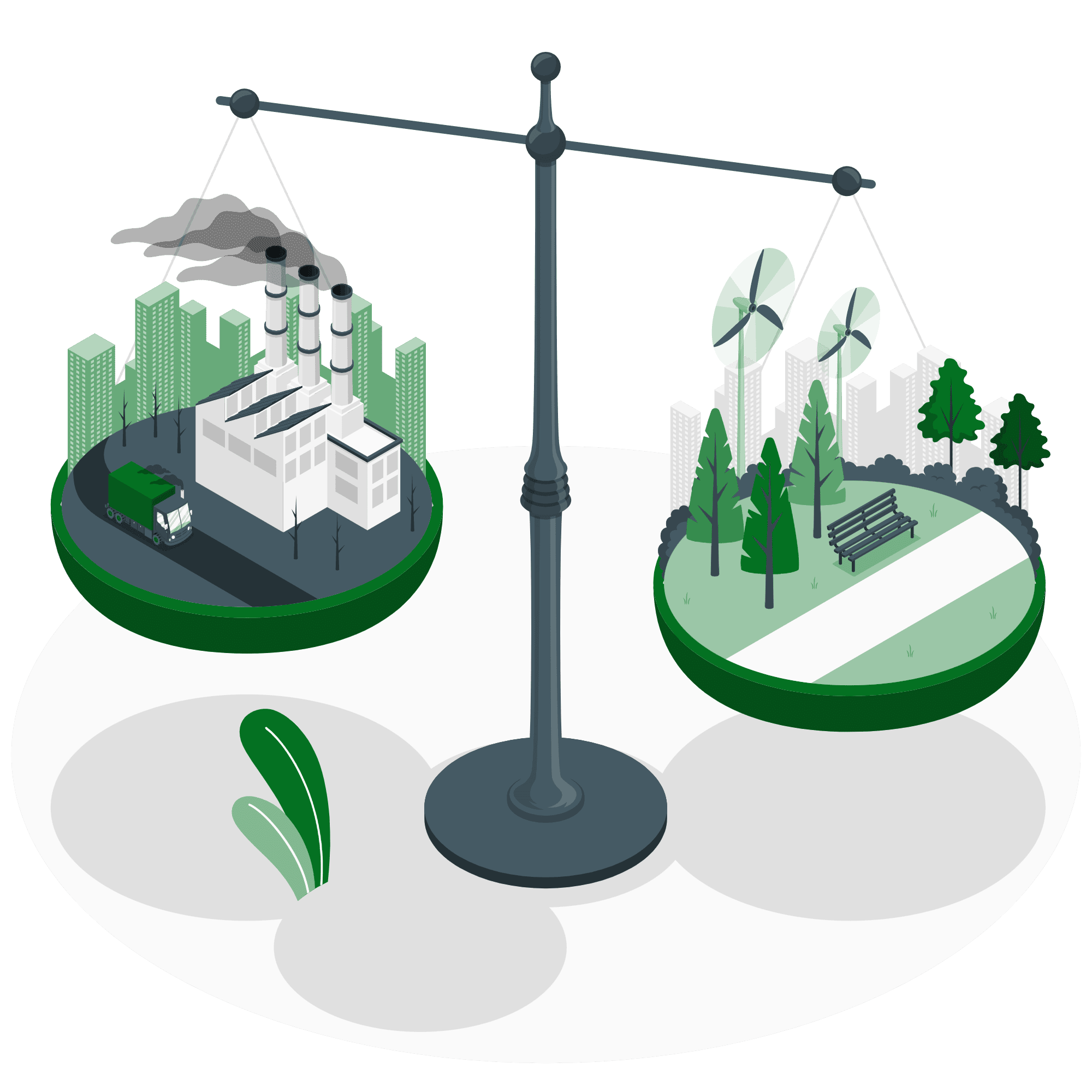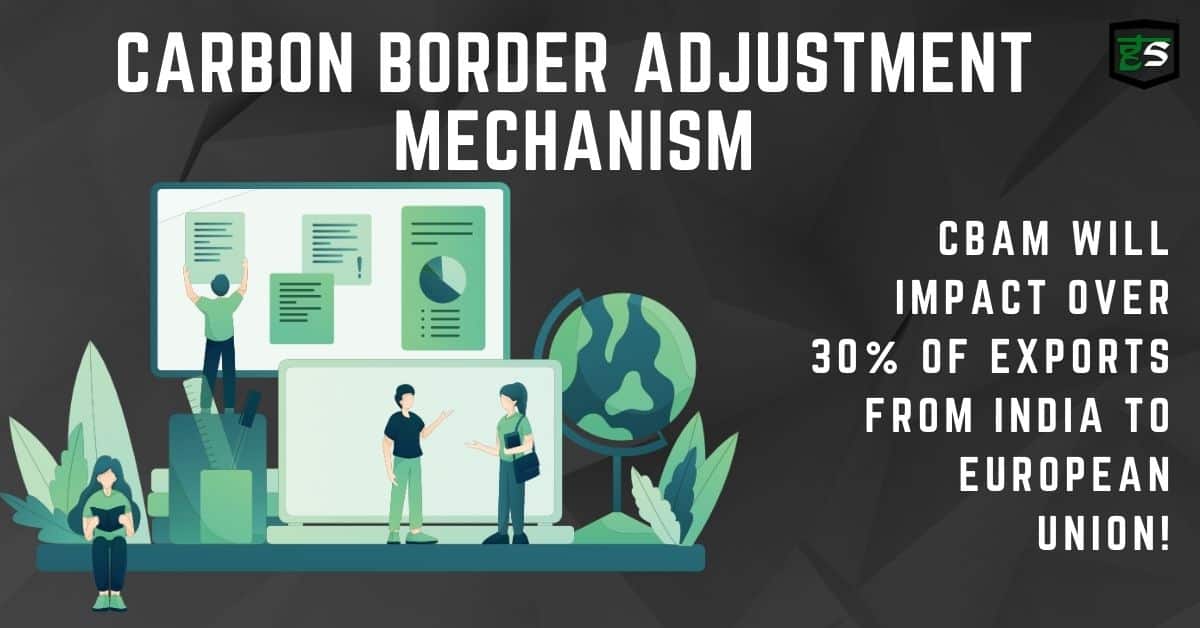The Carbon Border Adjustment Mechanism (CBAM) is a regulatory framework introduced by the European Union (EU) to tackle climate change by addressing the carbon emissions associated with imported goods. Officially released on May 16, 2023, CBAM aims to create a level playing field for EU producers by imposing a carbon tax on imported carbon-intensive goods.
GreenSutra® offers end-to-end CBAM solutions, including carbon footprint assessments, reporting assistance, advisory services, and training programs. As the most reliable CBAM consultant, we help businesses seamlessly navigate CBAM compliance and adapt their practices for long-term sustainability. With a strong base in Mumbai, we offer expert consulting and customised software solutions to help businesses across India align with CBAM regulations. GreenSutra® is trusted as the best and top CBAM consultant delivering impactful services to future-ready organizations.

Significance of CBAM
The importance of CBAM lies in its potential to:
Introduction of Carbon Tax
CBAM incentivises companies to adopt cleaner production methods by imposing a monetary charge on carbon emissions. Our consulting team in Mumbai offers strategic services to help Indian businesses understand and manage carbon tax implications. As a top CBAM consultant in India, we deliver the best compliance guidance and robust software solutions tailored to your sector.
Mitigate Risk of Carbon Leakage
CBAM aims to prevent offshoring production to countries with less stringent environmental standards, thus protecting EU industries. Our Mumbai-based CBAM consultant team offers the best tools and services to mitigate carbon leakage risk across India. Through expert consulting and innovative software solutions, we support the top companies in staying ahead of environmental regulations.
Promote Sustainable Practices
The mechanism encourages non-EU countries to enhance their environmental regulations and adopt sustainable industrial practices. We provide the best sustainability consulting and compliance services from our Mumbai hub, reaching clients across India. Our top CBAM consultant solutions include digital software solutions that help businesses integrate global green standards.
Impact On Carbon Intensive Goods
CBAM specifically targets several categories of carbon-intensive goods, including:
Aluminum
Cement
Electricity
Fertilizers
Hydrogen
Iron & Steel
These goods are subject to stringent reporting requirements to ensure transparency regarding their carbon emissions.
Course of Action
To comply with CBAM regulations, businesses must undertake the following actions, which are provided by GreenSutra’s CBAM solutions:
Eligibility Assessment:
Determine which products fall under the CBAM framework.
Quarterly Disclosures:
Companies must report their carbon emissions associated with carbon-intensive goods every quarter.
Methodology Development:
Establish a clear methodology for calculating and reporting embedded carbon emissions.
Attribution & Reporting:
Ensure accurate attribution of emissions to ensure measurable reports
Reporting
Deploy through reporting and deploy best practices to maintain proper tracking.
Schedule a Call
Write to Us
FAQs
When discussing CBAM in India, GreenSutra®’s CBAM services are tailored to help your business effectively navigate the complexities of CBAM compliance by providing comprehensive, end-to-end solutions.
LCA is a methodology for assessing the environmental impacts of all stages of a product’s life, from raw material extraction to disposal.
Embedded carbon emissions refer to the total greenhouse gas emissions associated with producing a good, including all stages of its life cycle.
A CBAM consultant helps businesses understand and implement the necessary steps for accurate carbon reporting. This includes calculating embedded carbon emissions and developing a transparent methodology for emissions attribution.
For businesses in India, CBAM services are crucial in ensuring compliance with the EU’s new carbon regulation standards. A CBAM consultant in India can offer tailored solutions to assess embedded carbon emissions, assist with accurate reporting, and help develop methodologies for emissions attribution.
Choosing a CBAM consultant in India allows your business to work with a local expert familiar with the European Union’s regulations and Indian industry practices. CBAM consulting ensures that your business remains aligned with the latest environmental standards while effectively managing carbon emissions.
Questions Related to CBAM

